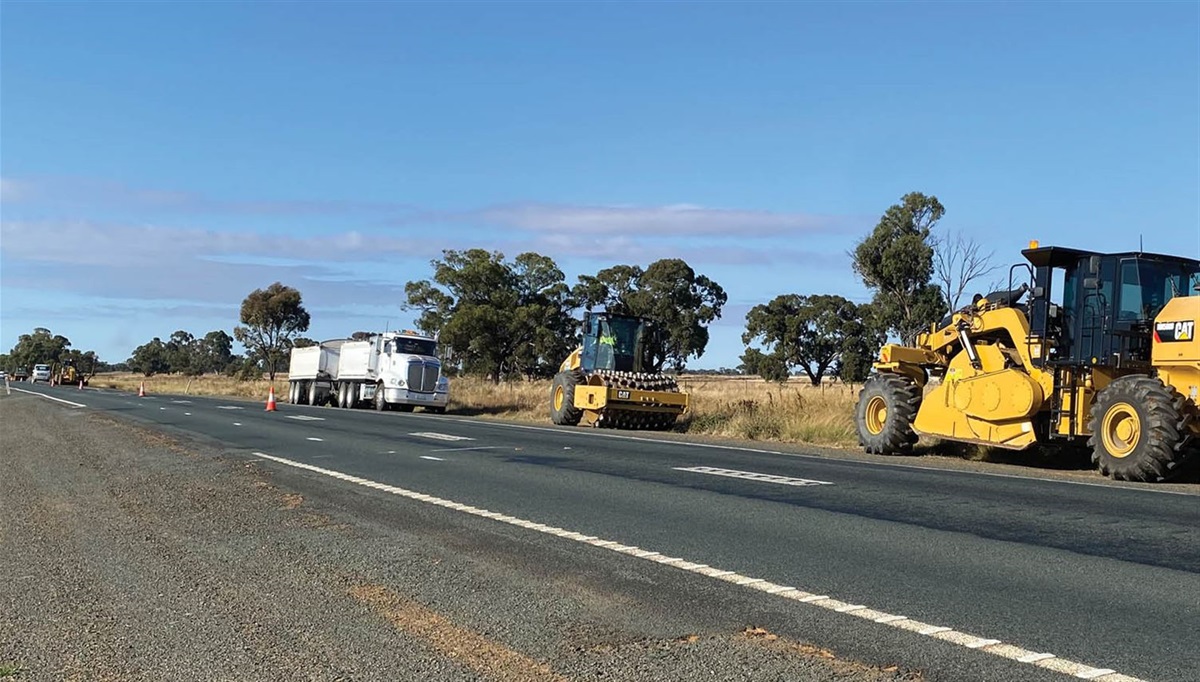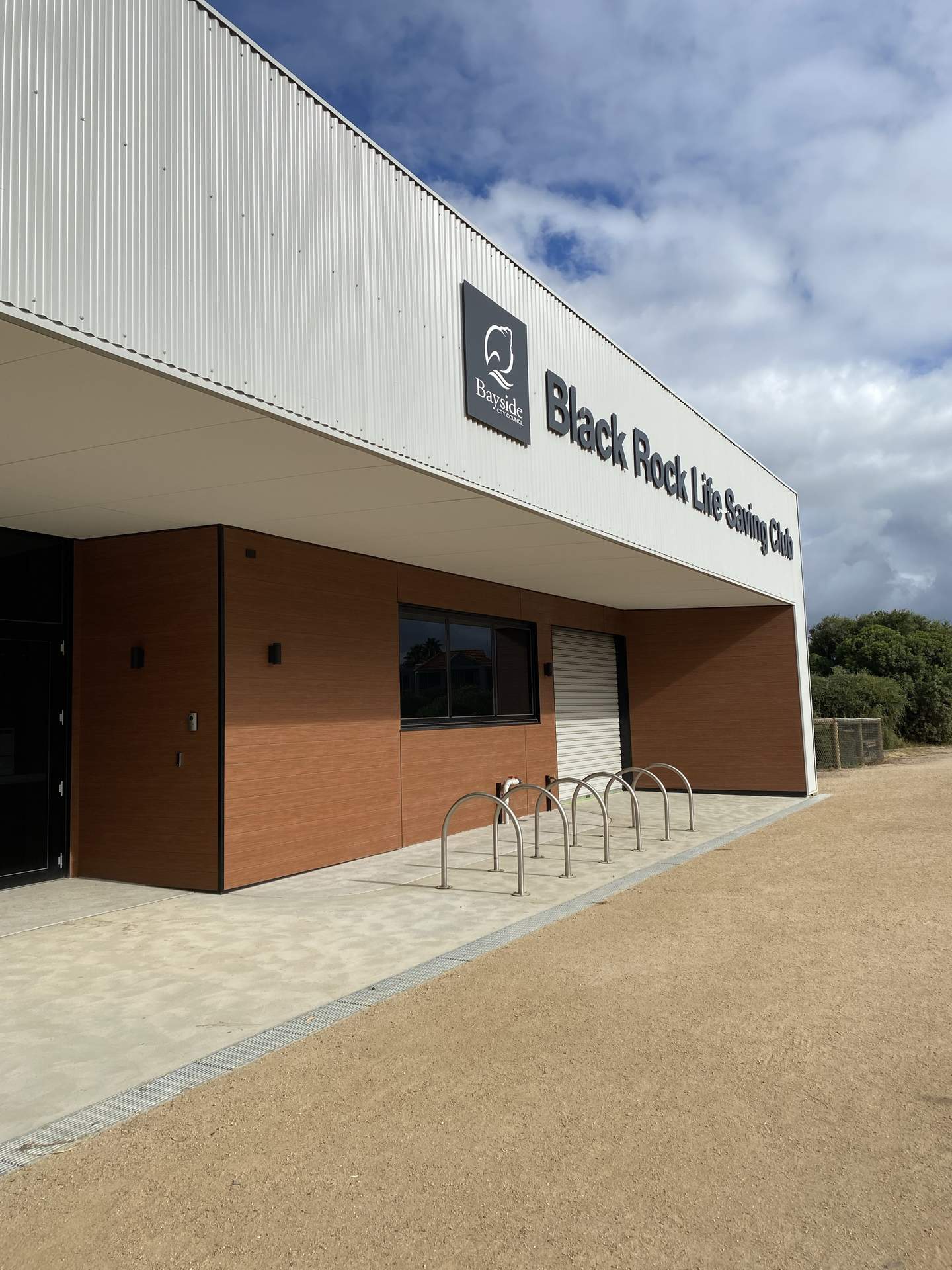A new study from Monash University has found vulnerable patient groups, including those with dementia, psychiatric conditions and patients aged 85 years and older, are more likely than other patient groups to be prescribed older antiseizure medications following ischaemic stroke.
The team of researchers from the Centre for Medicine Use and Safety (CMUS) at the Monash Institute of Pharmaceutical Sciences (MIPS) followed 19,601 people hospitalised with a first ischaemic stroke in Victoria from 2013-2017. Of these people, 989 were dispensed antiseizure medication within 12 months of hospital discharge.
Whilst there was an overall trend toward the dispensing of newer antiseizure medications over time, it was the most vulnerable groups being prescribed older medications, increasing their risk of being exposed to adverse events and drug-drug interactions.
Compared to the general population, people who experience a stroke are at higher risk of developing epilepsy, which is a common and serious neurological disorder characterised by recurrent unprovoked seizures.
CMUS PhD candidate Stella Kim said those aged 60 years and older run a higher risk of developing newly-diagnosed epilepsy after stroke, and therefore optimal medication treatment plans are crucial.
“Antiseizure medications are the main treatment option for controlling seizures after stroke, and treatment should be individualised according to factors such as seizure type, demographic factors, comorbidities and concurrent medications,” said Ms Kim.







